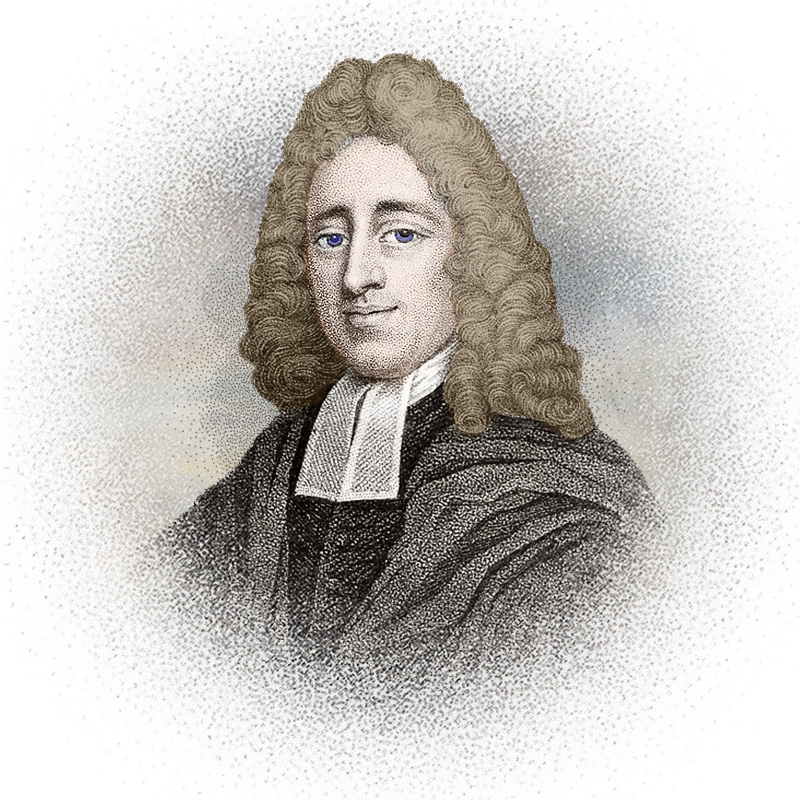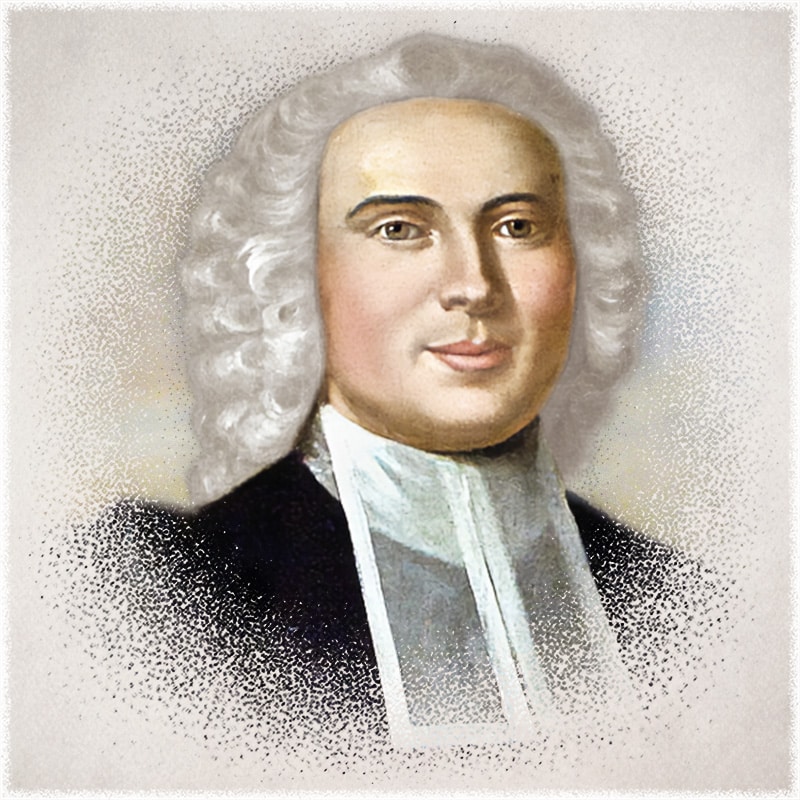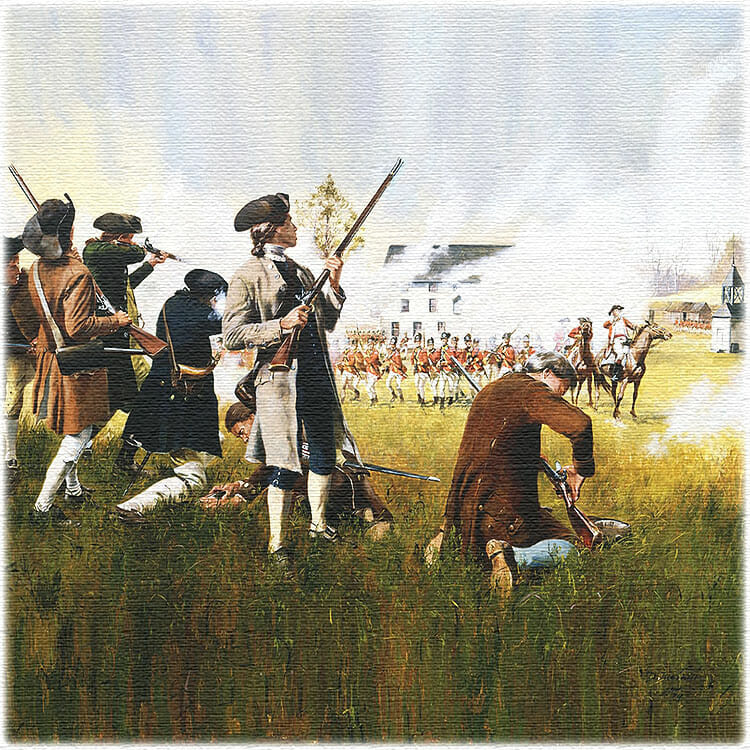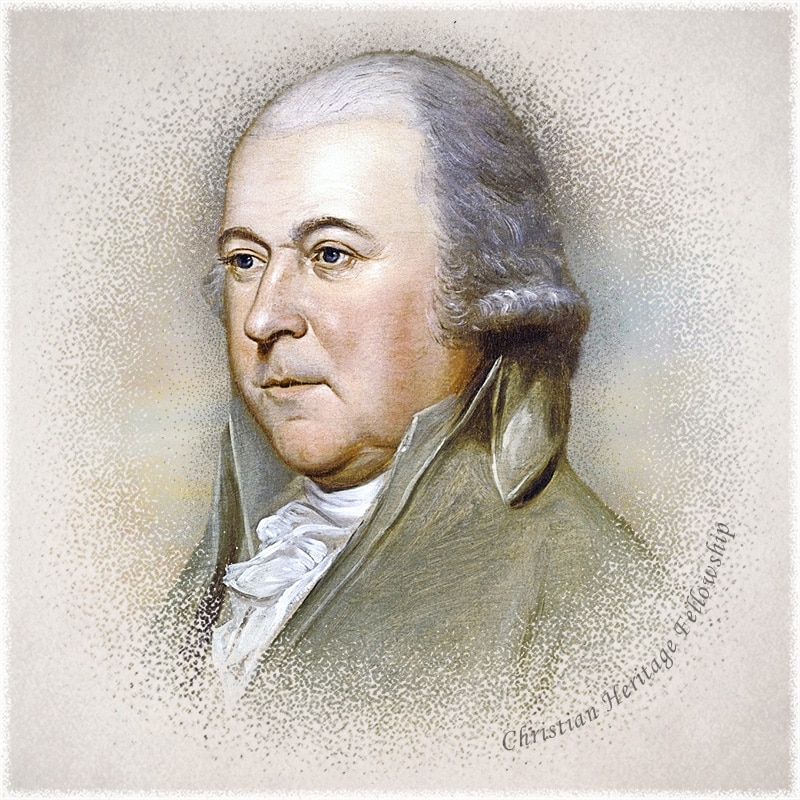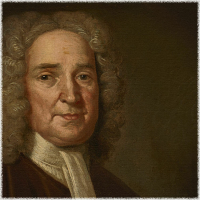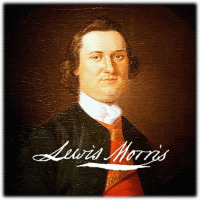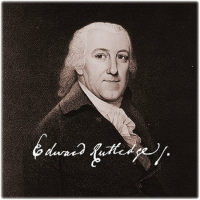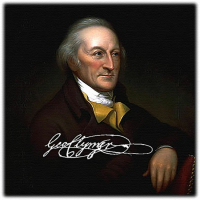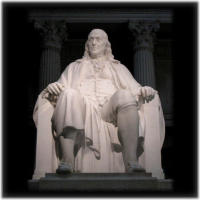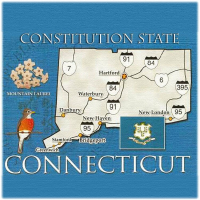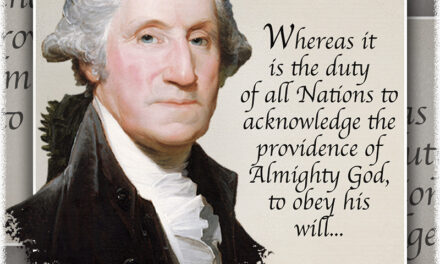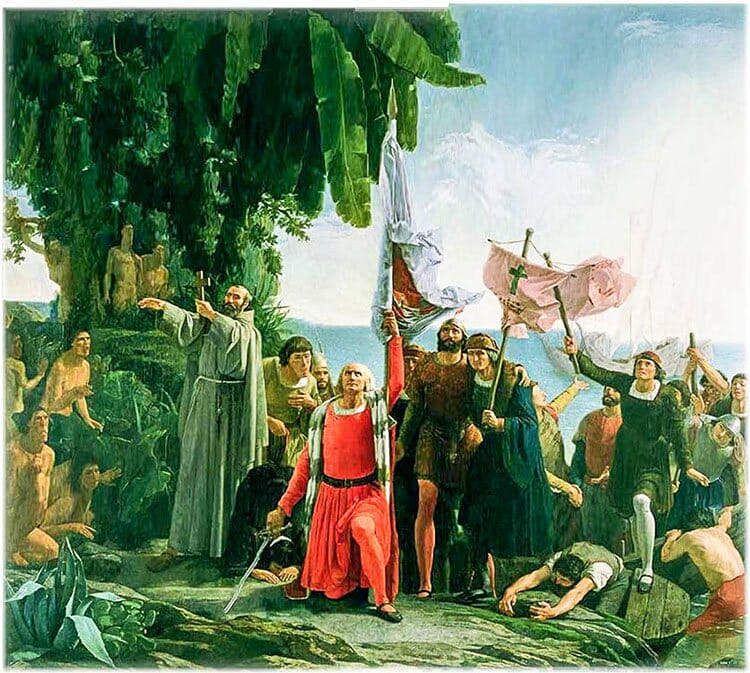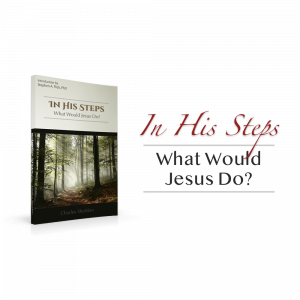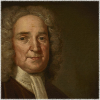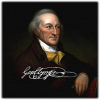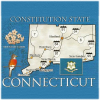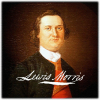When Pastors Led the Fight Against Tyranny
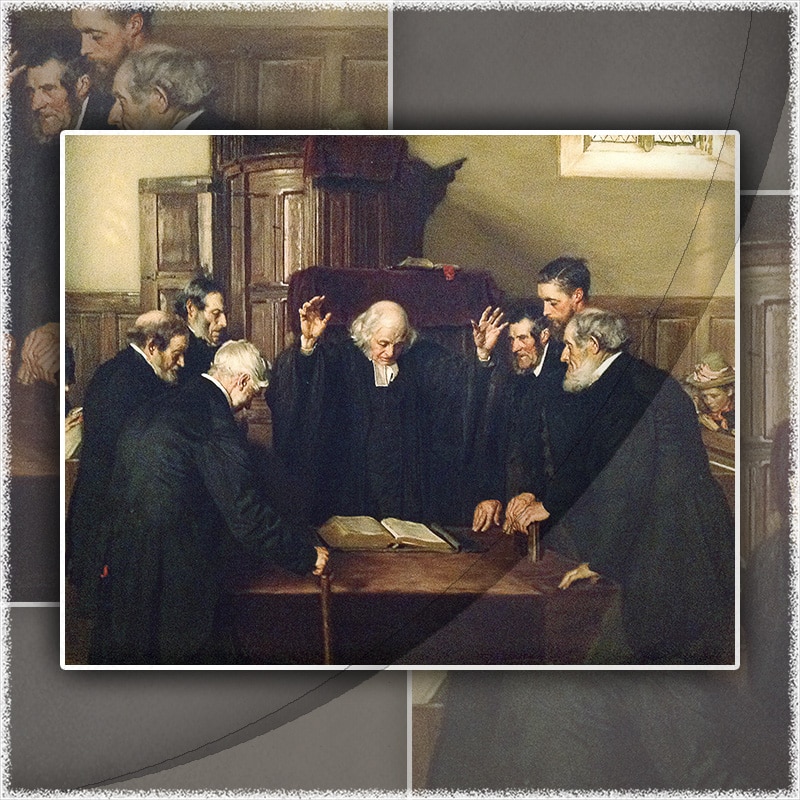
With the demise of confidence in the Bible in seminaries and universities, many clergy now speak with diminished moral confidence, but there once was a time when they led the American fight against tyranny.Pastors Led the Fight Against Tyranny
In 1684, King Charles II annulled Massachusetts' charter, and leading the charge against the monarchial tyranny was Reverend Increase Mather, president of Harvard. At a meeting convened to consider whether to surrender to the demands of the King, Rev. Mather advised: "As the Question is now stated, (viz. whether you will make a full submission and entire resignation of your Charter and privileges of it, to his Majesty's pleasure) we shall sin against God if we vote an affirmative to it. The scripture teacheth us otherwise. ...If we make a full submission and entire resignation to [the] pleasure [of the King], we fall into the hands of men immediately."[1]Pastors Led the Fight Against Tyranny
The subject addressed in this article is discussed at greater length in Should Christians Always Submit to the Government?. Christian Heritage Fellowship would be honored to work with individuals, businesses, churches, institutions, or organizations to help communicate the truth concerning the positive influence of the Christian faith by providing bulk pricing: Please contact us here... To purchase a limited quantity of this publication, please click: Purchase here...
Only a couple of years later, Revs. Samuel Willard, John Wise, and other minsters were fined and imprisoned for resisting Edmund Andros, the governor appointed by King Charles over the newly formed Dominion of New England. In the early part of the eighteenth century, Rev. Wise penned two works that were reprinted and circulated by America's Founding Fathers in defense of American independence.[2]
Nearly three quarters of a century prior to the Revolution, American colonial ministers were resisting kings and their overlords for biblical reasons. And at the end of the French and Indian War, it was pastors again who helped lead the resistance against the English Parliament and King George III. On January 30, 1750, Rev. Dr. Jonathan Mayhew attacked the tyranny of King Charles I in his sermon, Unlimited Submission and Non-Resistance to the Higher Powers.[3] President John Adams said the published form of this sermon was "...read by everybody; celebrated by friends, and abused by enemies".[4]
On April 19, 1776, Rev. Jonas Clarke delivered a sermon commemorating the events of which he was an eye-witness one year earlier.[5] About midnight on April 18-19, 1775, Paul Revere arrived at Rev. Clarke's home in Lexington, Massachusetts. The soon-to-be president of Congress, John Hancock, and the "Father of the American Revolution" Samuel Adams were staying with Pastor Clarke. Hancock—the son and grandson of ministers—was a relative of Rev. Clarke by marriage. Thanks to Paul Revere, Lexington militia were alerted to the approach of British troops.
On the morning of April 19, 1775, American patriots on Lexington green stared into the rifle muzzles of British troops. In the early morning hours of that fateful day, Mr. Hancock and Mr. Adams asked Pastor Clarke whether the patriots on Lexington Green would stand against the British, to which he answered that he had "trained them for this very hour; they would fight, and, if need be, die, too, under the shadow of the house of God."[6] Pastor Clarke's words proved prophetic, for in the early morning light of the Massachusetts dawn, eight patriots surrendered their lives while another ten were wounded. All members of his congregation, Pastor Clarke looked upon the carnage and mournfully proclaimed, "From this day, will be dated the liberty of the world."[7]
Despite secular claims that American liberty was the product of Deism or the irreligion of Voltaire and his disciples, historical facts demonstrate otherwise. In his book, Seedtime of the Republic, the late Cornell University American historian and political scientist, Clinton Rossiter identified six prominent voices that gave rise to the American Republic. They include Thomas Hooker, Roger William, John Wise, Jonathan Mayhew, Richard Bland, and Benjamin Franklin. Of these six patriots, the first four were Christian ministers.[8]
So effective were colonial pastors in plying the principles of biblical liberty that in a letter to Thomas Jefferson on June 28, 1813 President John Adams summarized the Christian influence upon the rise of America as an independent nation: "The general principles on which the [Founding] fathers achieved independence, were the only principles in which that beautiful assembly of young men could unite... And what were these general principles? I answer, the general principles of Christianity".[9]
Today, more than ever, America desperately needs patriot pastors!
[1] Increase Mather, "Arguments against Relinquishing Charter," in Collections of the Massachusetts Historical Society, Third Series (Boston: Phelps and Farnham, 1825), 74-81.
[2] John Wise, A Vindication of the Government of New-England Churches (1717) (Gainesville, FL: Scholars’ Facsimiles & Reprints, 1958); John Wise, Churches Quarrel Espoused (1713) (Gainesville, FL: Scholars’ Facsimiles & Reprints, 1966).
[3] Jonathan Mayhew, A Discourse Concerning Unlimited Submission and Non-Resistance to Higher Powers (Boston: D. Fowle and D. Gookin, 1750).
[4] John Adams, The Works of John Adams, Second President of the United States, with a Life of the Author, Notes and Illustrations by His Grandson, Charles Francis Adams, 10 vols. (Boston: Little, Brown and Company, 1851-1856), 10:287-88.
[5] Jonas Clark, A Sermon Preached at Lexington, April 19, 1776, to Commemorate the Murder, Bloodshed and Commencement of Hostilities between Great Britain and America in That Town by a Brigade of Troops of George Iii, under Command of Lieutenant Colonel Smith on the Nineteenth of April, 1775, to Which Is Added a Brief Narrative of the Principal Transactions of That Day (Boston: Powars and Willis, 1776).
[6] Appleton's Cyclopaedia of American Biography, s.v. "Clark, Jonas."
[7] Appleton's Cyclopaedia of American Biography.
[8] Clinton Rossiter, Seedtime of the Republic: The Origin of the American Tradition of Political Liberty (New York: Harcourt, Brace, 1953), 149-312.
[9] Adams, Works of John Adams, 10:45-46.

